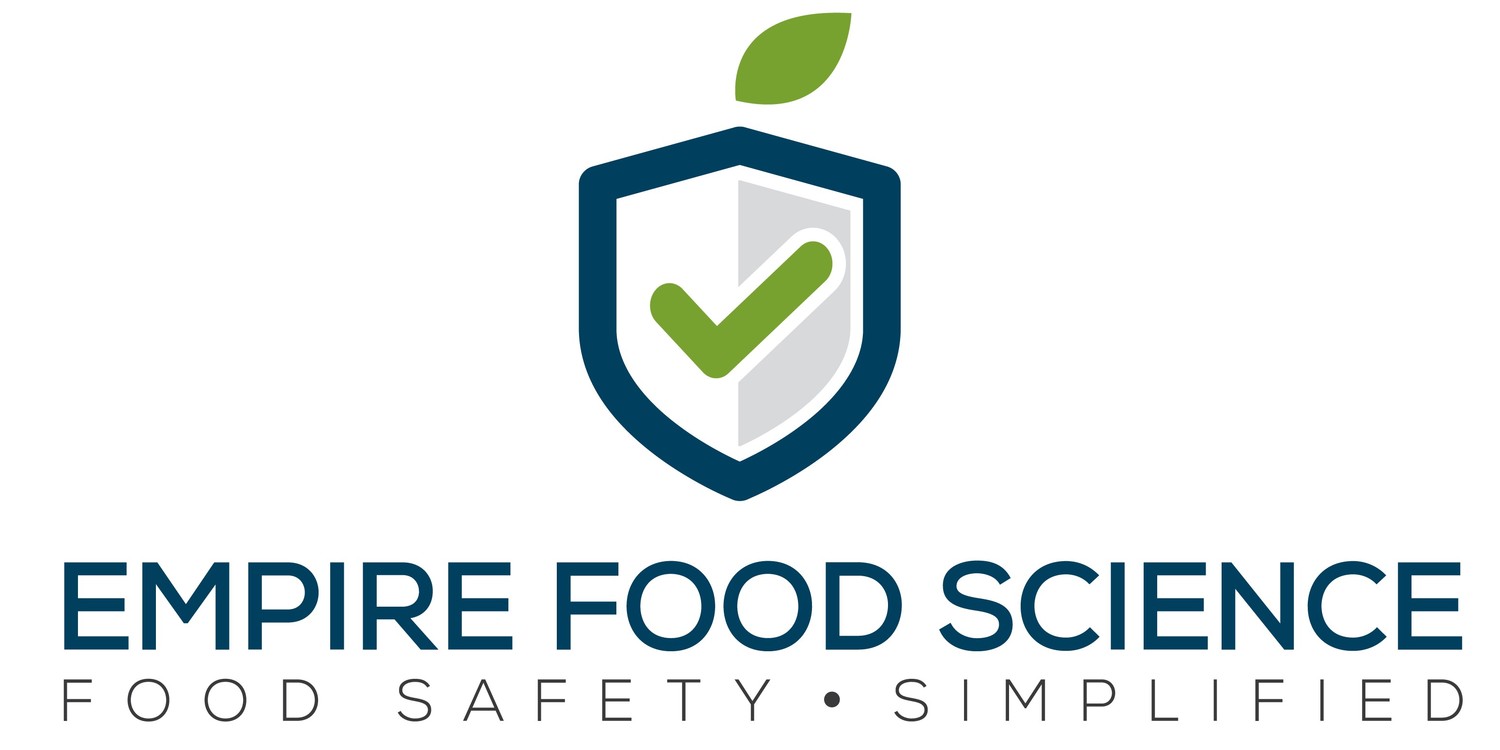October 22, 2014
The addition of the unannounced audit protocol in Version 7.2 of the SQF code presents some big challenges for currently certified suppliers. You will now need to be audit ready at all times, and will not know the exact date of your re-certification audit.
How will this work? The certification body and supplier will decide on which certification cycle will be unannounced. SQF has mandated that one out of every three re-certification audits be unannounced. This only includes re-certification audits. Surveillance audits will always be announced.
Once the unannounced audit year has been agreed upon, the supplier will be given a 60 day window in which the audit will take place. The supplier will not know the exact dates of the audit, but they will know the approximate time frame. This 60 day window will always fall 30 days on either side of the anniversary date of the certificate. For example, if a supplier's anniversary date is January 1, the unannounced audit will take place between December 2 and January 30.
While suppliers should be audit ready at all times, sometimes this is not the case. Unfortunately, suppliers sometimes scramble to get ready for their audit at the last minute. With the unannounced audit protocol, SQF is taking steps to force these suppliers to change this behavior. A SQF System should be practiced day in and day out, not just in the weeks leading up to an audit.
Hopefully, suppliers that do not live and breathe their SQF System will take this to heart and change their practices. If not, they could be in for a nasty surprise come their unannounced audit year. This could lead their customers to question the legitimacy of their announced audit scores.
So how can you prepare for these unannounced audits? Increasing the depth and frequency of your internal audits is a good place to start. Take a very critical look at your system on a regular basis to ensure that everything is running smoothly. Create a cross functional audit team to be sure you get an unbiased, independent set of eyes. Increasing the frequency of verification can also help. The more often a record or practice is verified, the less likely it is to go on being done incorrectly.
Keep instilling a culture of food safety and quality in your employees. Have frequent, short meetings and review the importance of your food safety and quality system. Share areas where improvement is needed, and praise employees who are doing a great job. It is also very important to educate employees on why all of these food safety and quality practices are needed. There is a much greater chance employees will follow these procedures if they both know what to do and why it must be done.
Don't be intimidated by your unannounced audit. Live and breathe your SQF System and it should be a piece of cake. Good luck!
